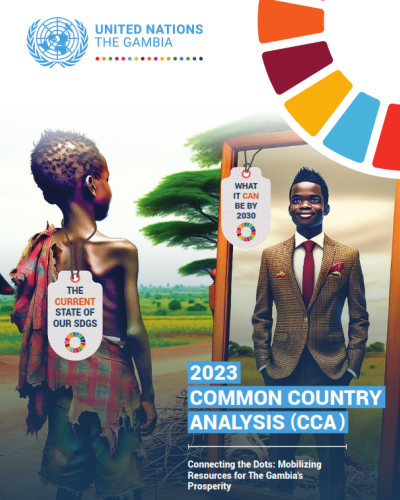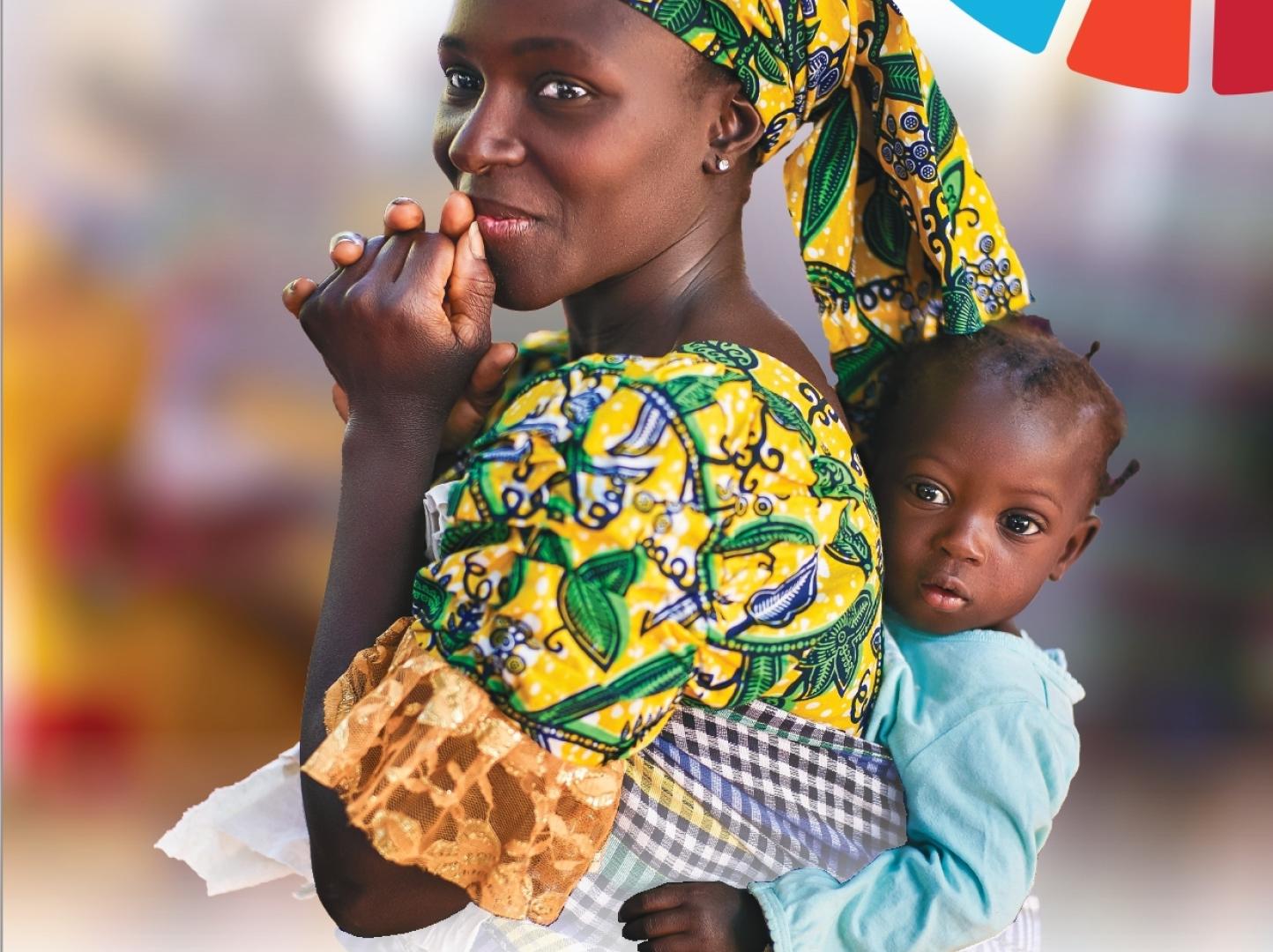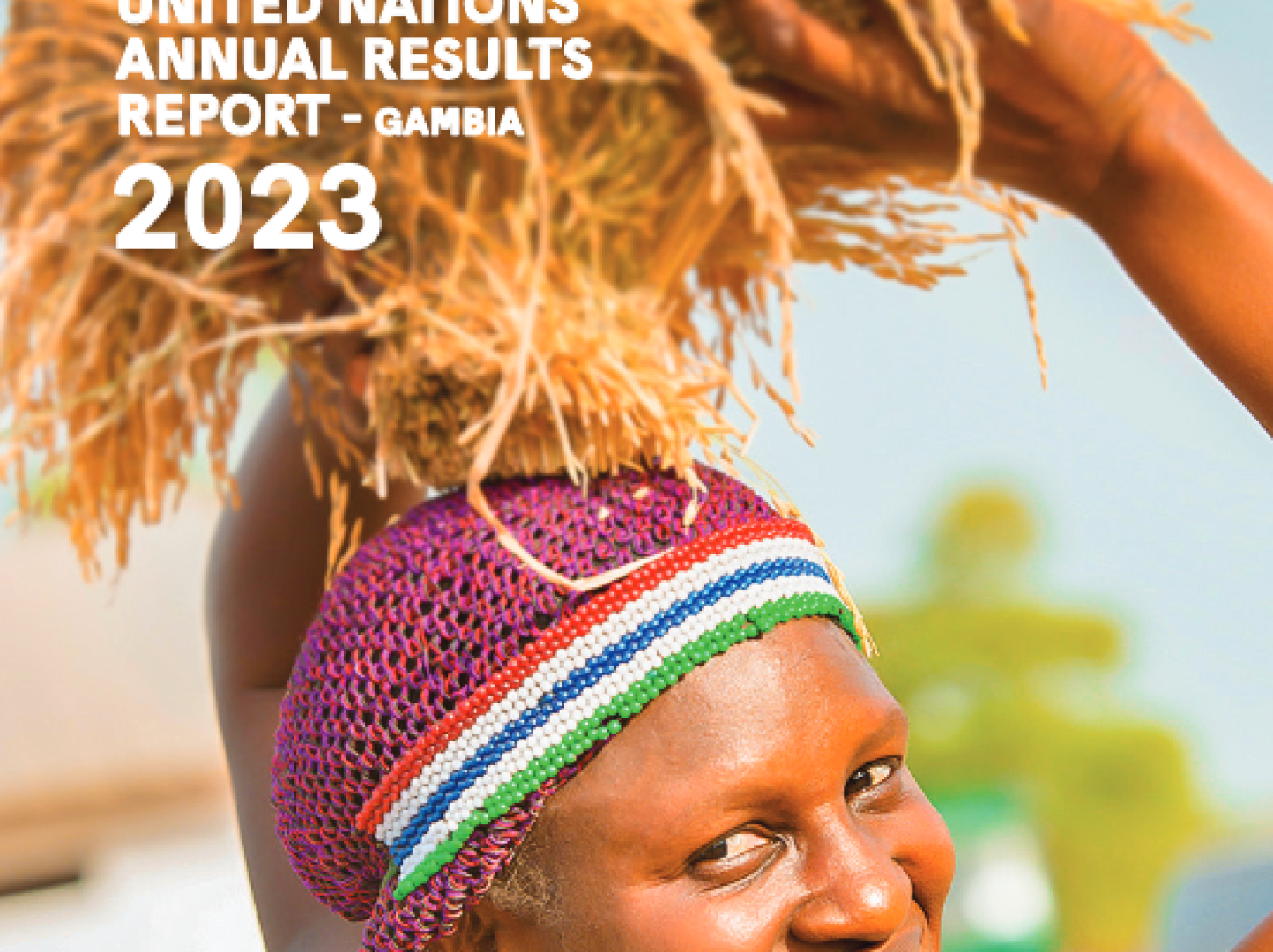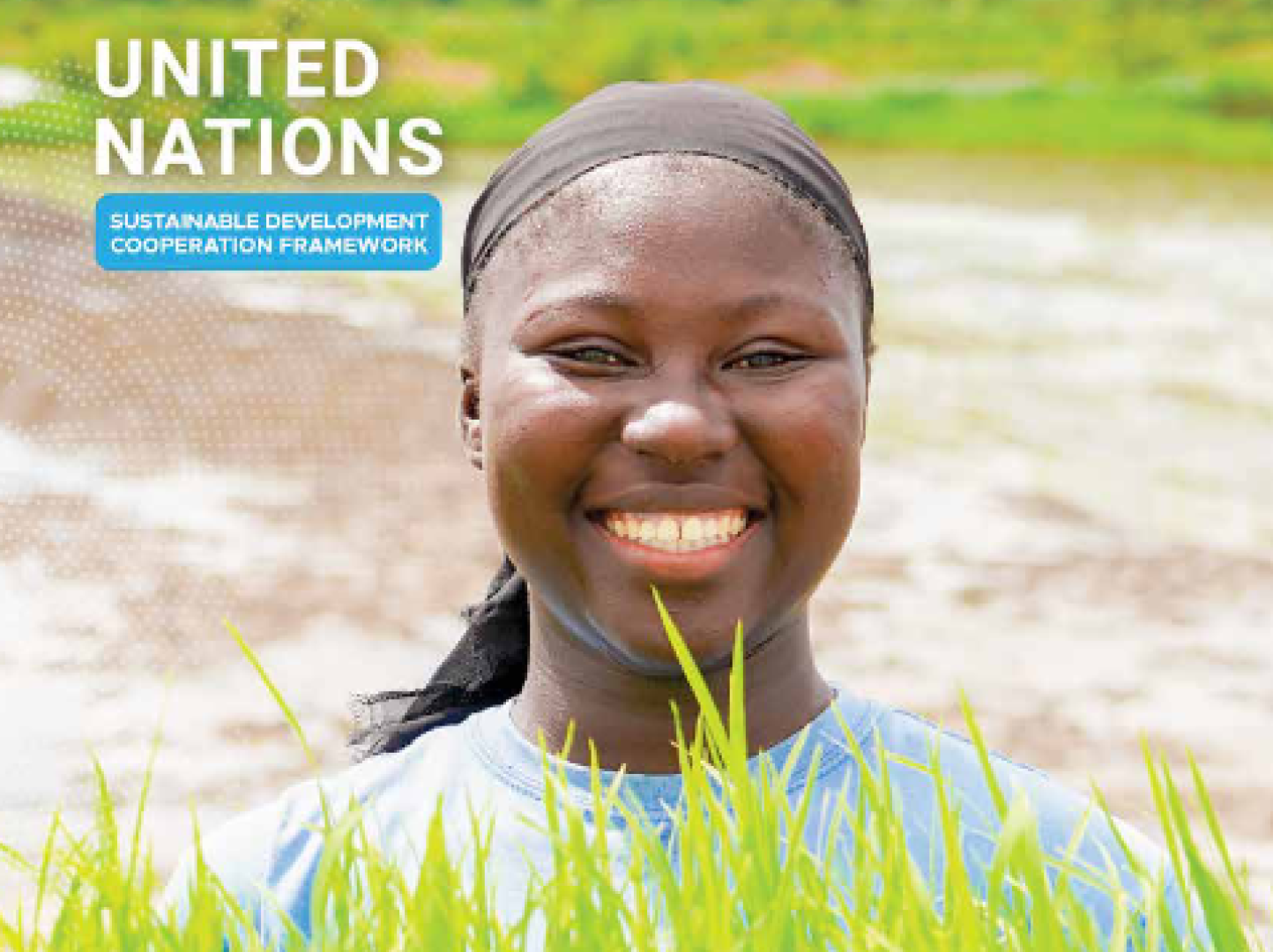UN Gambia 2023 Common Country Analysis (CCA)

Executive Summary: The Gambia's Journey to a Better Future
The UN Gambia 2023 Common Country Analysis (CCA) comprehensively assesses The
Introduction: A Wake-Up Call for Action
The 2023 Common Country Analysis (CCA) examines The Gambia's progress, challenges, and opportunities in achieving the Sustainable Development Goals (SDGs)—a global blueprint for a better, fairer world. This report is a wake-up call for everyone to unite and build a brighter future for all Gambians.
Progress and Inequality: A Mixed Picture
Over the past 30 years, life has improved for many Gambians. People are living longer, with life expectancy rising from 50 years in 1990 to 62 years in 2019 (Chapter 1). However, not everyone has benefited equally. Many people, especially women, those living in rural areas, and the poor, still face significant challenges (Chapter 3). More than half of the population (53%) lives below the national poverty line, with poverty being even more widespread (77%) in rural areas (Chapter 1).
Obstacles on the Path to the SDGs
The Gambia's efforts to achieve the SDGs have been hampered by a mix of problems, including ups and downs in economic growth, weak governance, and the threats posed by climate change (Chapters 1, 5, and 6). A major obstacle is the lack of money to fund the country's National Development Plan (NDP). The Gambia faces a massive 80% shortfall in financing, even in the best-case scenario (Chapter 4). This shortage of funds could seriously undermine progress in critical areas like agriculture, health, and education.
Bridging the Funding Gap: A Call for Collaboration
To bridge this funding gap, The Gambia must focus on raising more money within the country, encouraging private sector investment, and forming strong partnerships with international development organisations (Chapter 4). Improving the performance of state-owned enterprises (SOEs) is also crucial. These enterprises are vital in driving economic growth and delivering essential services. However, Gambia's SOEs face severe financial and operational challenges, with a combined net loss of GMD 2.02 billion (about USD 39 million) in 2022 (Chapter 5). Reforming SOEs to make them more efficient, transparent, and accountable is essential for mobilising resources and achieving the SDGs.
Unlocking The Gambia's Potential: Six Key Areas for Action
To accelerate progress towards the SDGs, Chapter 7 identifies six systems that need to transition away from their current paths:
- nourishing the nation through transformed food systems (food systems transitions).
- energising lives and the economy through clean, affordable energy (just energy transition).
- empowering minds through quality education (transformative education system transitions).
- securing futures through jobs and social protection (jobs and social protection transition).
- connecting communities through digital technologies (digital connectivity transition). And
- safeguarding a climate-smart future (Climate Change, Biodiversity Loss, and Pollution transition).
The 4 Engine Rooms Actions
Achieving these systems transitions requires a whole-of-society approach, with the SDGs at the heart of development plans and strong collaboration between the government, civil society, private sector, and development partners. Key priorities include dismantling drivers of inequality, such as disparities in education and health; mobilising domestic and international resources to bridge the financing gap; strengthening governance and institutional capacity; building resilience to climate change and economic shocks; and ensuring that no one is left behind, particularly women, rural communities, and marginalised groups.
Putting the SDGs at the Heart of Development
To realise this potential, the SDGs must be at the heart of The Gambia's development plans, with everyone – the government, civil society, the private sector, and development partners – working together (Chapter 9). By focusing on inclusive human development, investing in infrastructure that can withstand climate change, promoting participatory governance, and leveraging innovative partnerships, The Gambia can create a future where every Gambian has the chance to thrive.





















